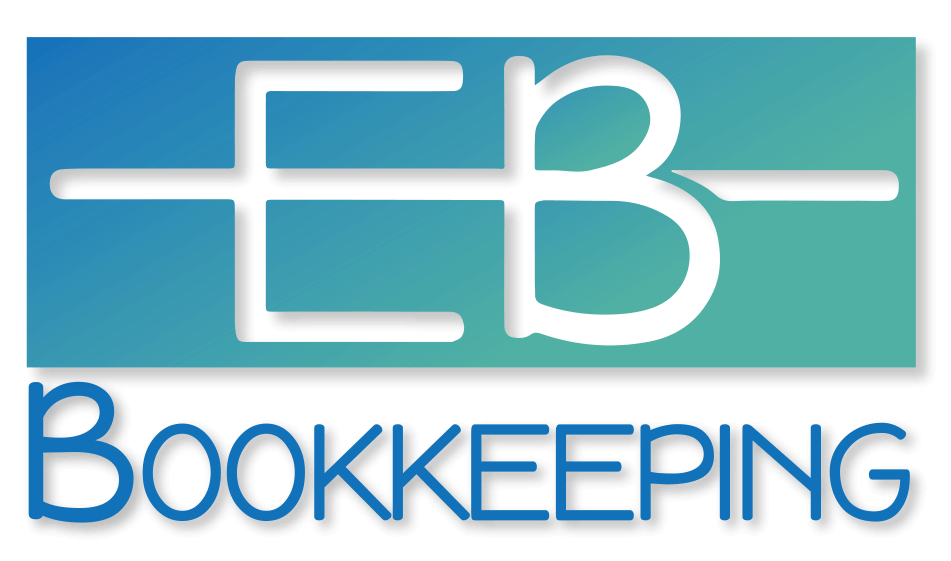Are you making the most of the tax relief that’s available on your business expenses?
In my experience, even seasoned business owners are often unaware of what can be put through the books.
If you run a limited company, allowable expenses help to keep your business more tax efficient by reducing your profit and therefore the amount of money you need to pay to HMRC in corporation tax payments.
However, there are a few rules you need to follow to make sure your business expenses are compliant – and a few costs that won’t be tax deductible.
Let’s take a closer look at what you’re allowed to do if you have a limited company.
Things you need to bear in mind
When working out whether an expense is allowable, you’ll need to consider the following:
You can only claim for expenses that are incurred for or by the running of your business. If you purchase an item that’s for both personal and business use – for example, a mobile phone – you can only claim relief for business-related calls and data.
You can pay for your business expenses through your company’s bank account or reimburse yourself for these costs via your company at a later date.
You will need to keep records of all your receipts and invoices (in printed and digital form) in case your bookkeeper, accountant and/or HMRC decides to query a purchase. It’s often better to retain digital copies, as they won’t fade or tear over time and are still deemed perfectly acceptable by HMRC.
Common expenses you can claim
Business insurance
You can claim back on the costs of your public liability, professional indemnity, employers’ liability and/or business contents and stock insurance policies.
Bank charges
This includes credit card and loan interest fees.
Professional services
This includes any fees you pay for services that support the smooth-running of your business, such as bookkeeping, accounting, or legal advice.
Phone and broadband fees
These are pretty vital for any modern company – so you can definitely pay them through your business! The contracts should be in the limited company’s name.
Equipment
From computers, printers, and office furniture through to industry-specific plant and machinery, you can claim expenses on pretty much any equipment you need to carry out your work.
Advertising and marketing costs
It makes good sense to future-proof your business by investing in ongoing marketing expertise (if you can afford to, of course). Advertising costs can include your website and hosting, printed and digital marketing, networking subscriptions and branded items.
Business travel
This includes train/bus tickets, parking fees, toll fees, congestion charges and accommodation, as long as you’re travelling purely for work purposes. If you work from an office or other location outside your home, you won’t be able to put through (or reimburse yourself) the costs of your daily commute.
Remember, if you are driving to and from appointments and you’re paying for your own fuel, you can also claim 45p on every mile up to 10,000 miles (and 25p per mile thereafter). Car or van insurance and any servicing or maintenance costs associated with running your vehicle are also classed as allowable expenses.
You cannot expense any parking or driving fines.
Subsistence costs
You can claim back expenses on things that meet your basic needs while you’re carrying out business activities away from your regular place of work, including food and drink purchases. There is a limit to the amount you can claim depending on the amount of time away.
Alcohol cannot form part of the claim.
Foreign travel and subsistence claims have different rates depending on the country you are travelling to.
Your salary
Yep! Your own salary is tax deductible if you are an employee of your own business. There is also a £40,000 tax-free limit you can add to a pension scheme via your business.
Lesser-known expenses you can claim
Health check and eye test expenses
If you and your staff use computer screens extensively, you can all claim eye tests as well as health checks as limited company expenses. The cost of prescription glasses or contact lenses can also be claimed, but only if they are used strictly for screen-based work.
Household costs and utility bills
Work from home? You can claim back a percentage of your property’s running costs – but only the charges that are incurred from your business activities.
You can claim a set fee of £6 per week (for the 2022/23 tax year). No records are needed to apply for this, which makes it an easy option.
You can claim additional costs such as the increase in gas, electric and phone bills for the time you are working from home. This option requires record keeping and you can’t claim any non-separable costs like council tax.
The third option is to set up a rental agreement between yourself and your limited company for the use of the ‘office’ space. This will affect your self-assessment tax return as you will technically have rental income.
Professional development
From books to training courses, there are plenty of allowable expenses that fall into the ‘professional development’ category. You’ll just need to check what’s eligible for tax relief by speaking with your bookkeeper or accountant.
You can claim professional subscriptions, which could include magazine subscriptions and subscriptions to professional bodies, as long as they are relevant to your industry.
Annual staff party expenses
You can claim back up to £150 per employee, meaning there’s a financial incentive for thanking your staff for all their hard work! Allowable party expenses can be applied to an annual event such as a Christmas party, a summer celebration, or something else entirely, as long as they don’t exceed the per-person limit.
Startup costs
Did you know that you can put through any expenses you incurred in the seven years before your new business started trading? This includes everything from professional service fees and business insurance policies through to domain names, websites, travel, office supplies, the working from home rate, IT equipment, and software.
If you paid for these startup costs out of your own pocket, you can claim reimbursement expenses.
Just a heads up, though – this doesn’t apply to the company formation fee, which is actually classed as a one-off capital expense. However, if you paid for this fee personally, you can reimburse yourself. There are other limitations, too; for example, company startup costs do not extend to things like business clothes, or any fines or penalties you’ve accumulated before your official incorporation date.
Items you cannot claim
- Client entertainment
- Childcare expenses
- Self-assessment payments

